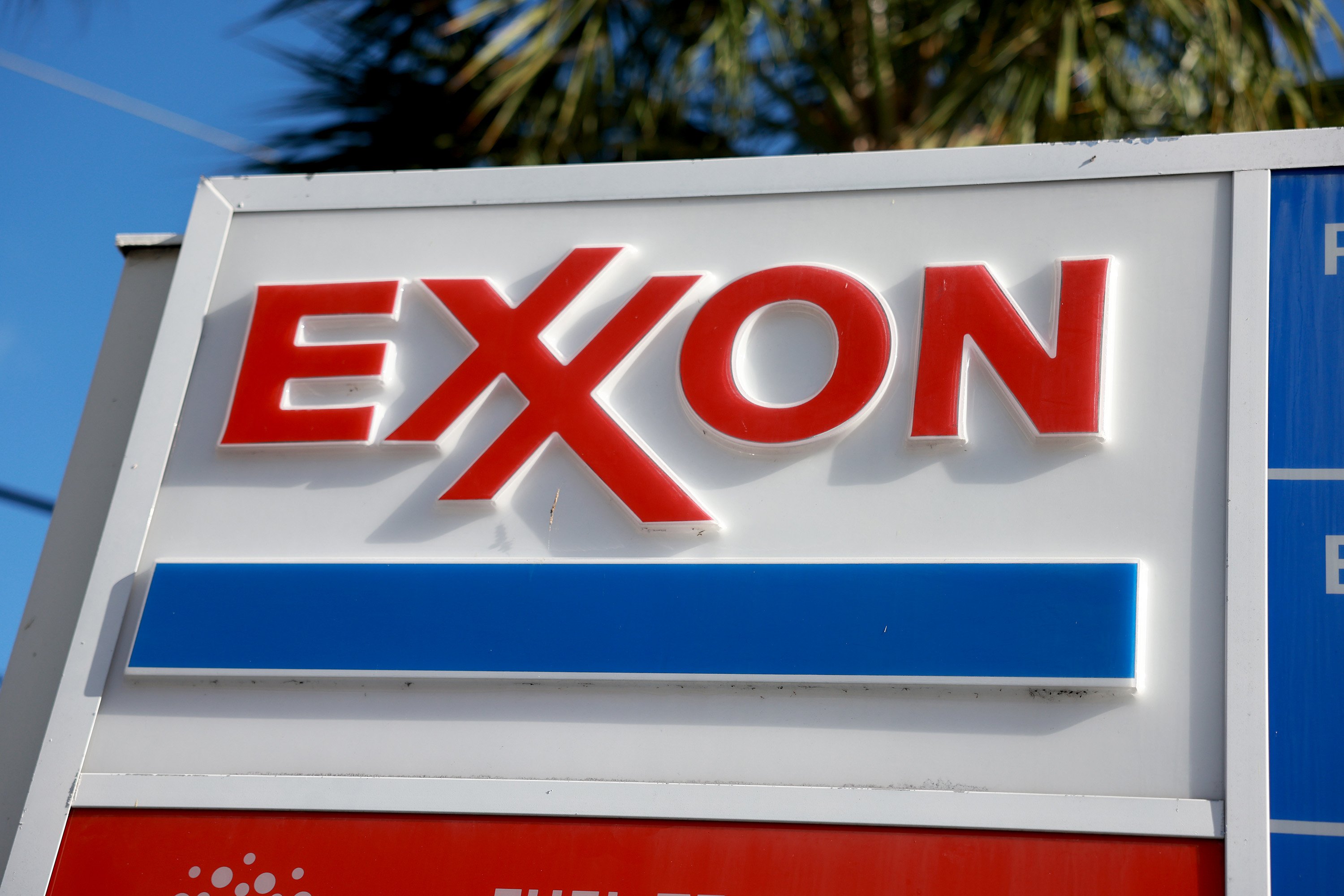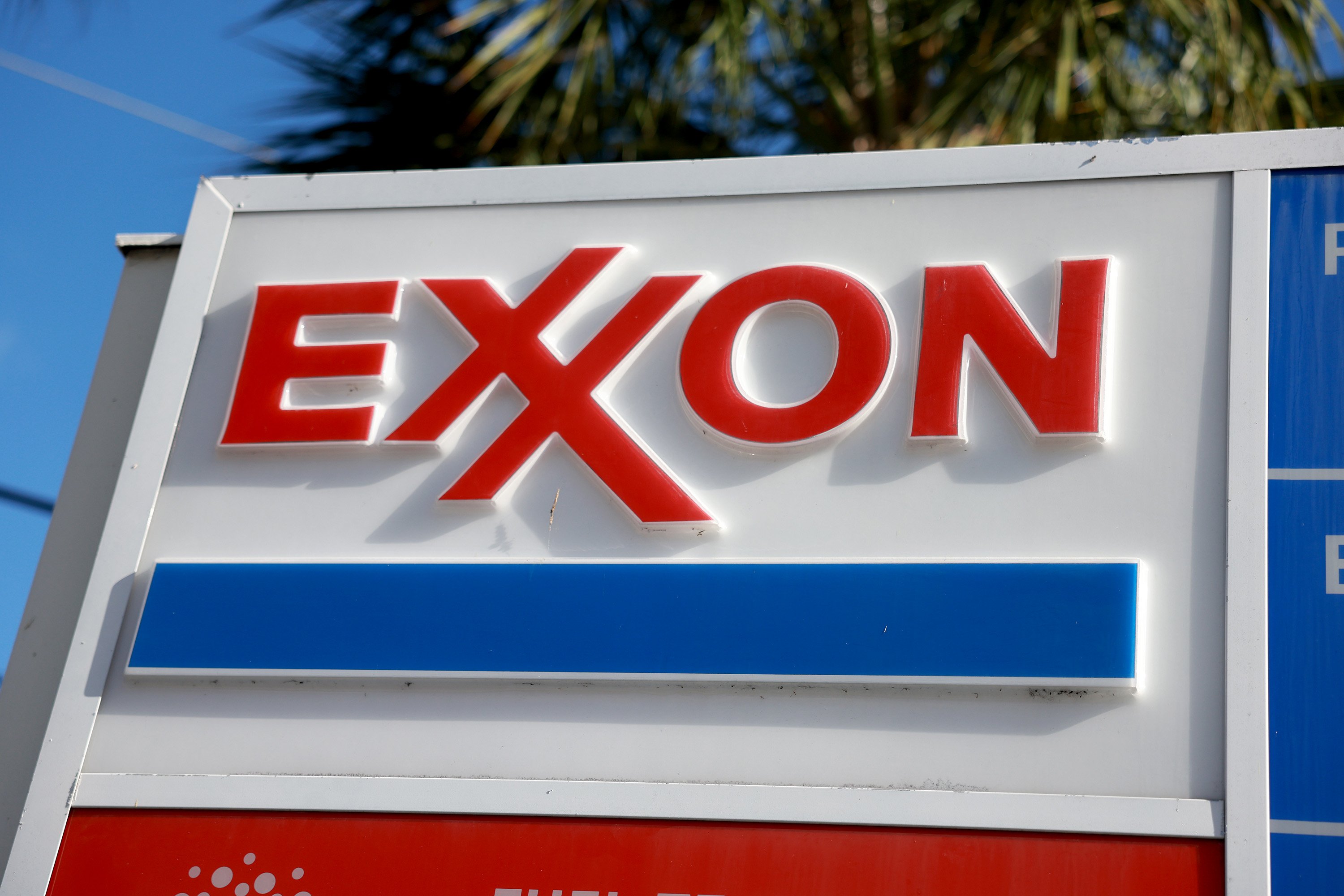ExxonMobil (XOM +0.68%) and Chevron (CVX +0.13%) are two of the largest oil producers in the country. They're also among the highest-yielding dividend stocks in the oil patch, with Chevron's payout at 4% while Exxon's is up to 5%. Their large scale and attractive yields make these oil giants lower-risk options for those considering oil stocks.
Investors, however, will likely only want to own one of these oil companies in their portfolio. Here's a look at the case for and against buying either one.

Image source: Getty Images.
The bull and bear case for ExxonMobil
Last spring, ExxonMobil launched a bold growth plan. The oil giant aims to increase its output by roughly 1 million barrels of oil equivalent per day (BOE/D) by 2025, pushing it up to 5 million BOE/D. Driving that growth will be high-return projects in the Permian Basin and offshore Guyana. The company initially anticipated that these investments would double its earnings and cash flow by 2025 from 2017's starting point, assuming no improvement in oil prices. That's a significant uptick in profits for such a large company.
Exxon has gotten off to a great start with its strategy. Thanks to outperformance in the Permian Basin and continued exploration success in offshore Guyana, it boosted its earnings growth outlook earlier this year. The company now sees earnings skyrocketing 140% by 2025.
While Exxon's plan doesn't rely on improving oil prices to fuel growth, crude is one of the biggest factors that could derail its strategy. The company needs oil to average $60 a barrel to support its plan. If crude prices decline, earnings won't grow quite as much. At $40 a barrel, for example, Exxon's massive investment to expand its output will only yield a 40% improvement in its earnings per share by 2025. Although there's never any certainty in the oil market, risks are building that oil prices could be lower in the future. One of the biggest is increasing climate change worries, which is accelerating the push toward cleaner and renewable options.

Image source: Getty Images.
The bull and bear case for Chevron
While Exxon is taking a long-term approach, Chevron is investing more for a near-term payoff. The company's primary goal over the next few years will be to generate free cash flow. It plans to reinvest less than 50% of its annual cash flow from operations through 2021, compared to about 75% at Exxon. Because of that, it's on track to generate significant free cash flow in the coming years.
In the company's view, its investments in high-return areas like the Permian Basin will enable it to grow cash flow from operations from about $14 billion in 2018 up to around $17 billion by 2023. That forecast assumes oil averages $60 a barrel. The company aims to return more than half of that money to investors via its dividend and share repurchase program. Those growing cash returns should give Chevron the fuel to produce healthy total annual returns for its investors as long as oil prices cooperate.
Like Exxon, oil prices remain a major risk for Chevron. If crude falls, the company will produce less cash, which would weigh on its ability to return money to shareholders. However, another issue with Chevron is that it doesn't boast the growth profile of Exxon. Chevron's strategy only has it on track to increase production by about 3% to 4% per year, which would boost cash flow by about 25% through 2023, assuming $60 oil. Exxon, meanwhile, is on track to more than double its cash flow by 2025. Furthermore, it can expand cash flow by 55% even if crude averages $40 a barrel.
Verdict: ExxonMobil is the better buy for the long haul
Exxon plans to invest heavily on high-return expansion projects over the next several years. That spending spree puts the oil giant on track to more than double its earnings and cash flow by 2025, even without any boost from oil prices. That's a much higher growth rate than Chevron's, which is opting to invest less money on expansion so that it can return more cash to shareholders. Given its outsize growth potential, Exxon's stock could outperform Chevron's over the long term, making it the better one to consider buying.







